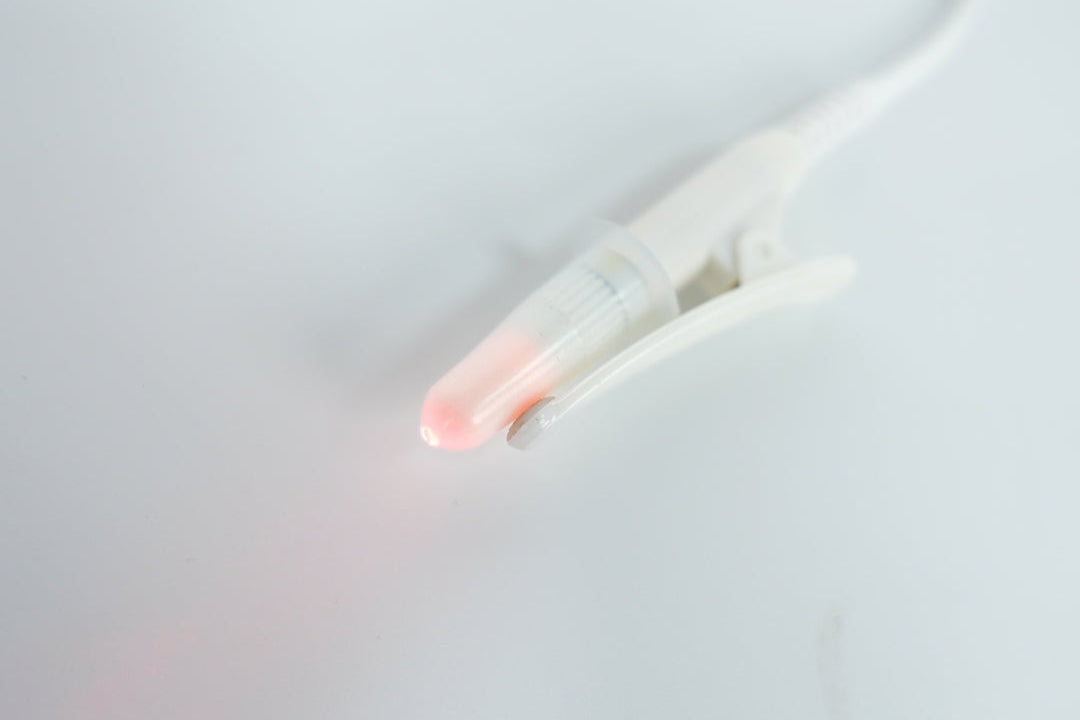IN-light blog
Suffering from poor sleep? 7 things you can do about it
IN-light blog
Suffering from poor sleep? 7 things you can do about it
A bad night's sleep is frustrating and often leaves you feeling out of sorts during the day. If you sleep poorly on a regular basis, it can affect not only the next day, but also your future. Fortunately, there are things you can do to improve the quality of your sleep. Curious to find out what they are? Read on to find out more.

Source: Pexels
Poor sleep can have many different causes. However, it is almost always the case that your nervous system is overstimulated, causing you to remain “switched on”. These are common causes:
Pregnancy or the menopause can also cause poor sleep. It is important to identify the cause so that you can tackle the problem effectively.
Poor sleep has a major impact on how you feel and behave during the day. For example, you may experience concentration problems and fatigue, making you less productive and less energetic. In addition, your mood may deteriorate, you may become more irritable and even your immune system may weaken.
If you don't sleep well for a long period of time, this can certainly have consequences later on. Chronic poor sleep increases the risk of various conditions, such as:
If you haven't slept well for a few weeks, there's really no need to worry about it. However, it is important to address your sleeping pattern so that you not only feel better tomorrow, but for the rest of your life.

Are you wondering what to do about poor sleep? Read our tips here to help you get enough rest as quickly as possible.
Go to bed at around the same time every day and get up at a fixed time, even at weekends. This will help you establish a regular routine. It may be difficult at first, but once your body gets used to it, it will eventually become second nature.
Make sure you stop using screens at least an hour before going to bed. Blue light can disrupt your melatonin production and stimulate your brain, making it difficult to fall asleep.
Drink less caffeine and alcohol, especially in the evening. Have your last cup of coffee around 4 p.m. Alcohol may help you fall asleep faster, but it prevents you from reaching deep sleep, which means you won't be able to fully recharge and your rhythm will become even more unbalanced.
For the best quality sleep, it is important that your bedroom is dark enough. It is also nice if it is quiet enough and that the temperature is cool enough.
Getting enough exercise and physical activity helps improve sleep, but exercising too late in the day can cause your body to become “awake” when you should be winding down. Poor sleep after exercise is therefore common.
Plan as little as possible in the evening and only do activities that help you relax. Calming activities such as reading, stretching or a warm bath with lavender oil help your body to relax. Meditating before bed can also be beneficial for calming your mind.
Use intranasal red light therapy to sleep better. This stimulates the production of melatonin and improves blood circulation, allowing your body to relax more easily. Read more about red light therapy for good sleep quality below.

Red light therapy, particularly the intranasal variant, helps to improve your sleep quality in a natural way. The red light stimulates the blood via your nose and activates your mitochondria, which improves your body's natural processes. Among other things, this ensures that:
This form of light therapy supports your natural sleep cycle, making it easier to fall asleep and wake up feeling rested.
The IN-light laser is an intranasal red light therapy device that can support and improve your sleep quality. By having a daily session, you can ensure a better sleep rhythm. In addition, the IN-light laser can also help with a lot of other complaints. And the great thing about this laser is that you can start a session while doing something else, such as working, travelling or relaxing. So it doesn't take any extra time!